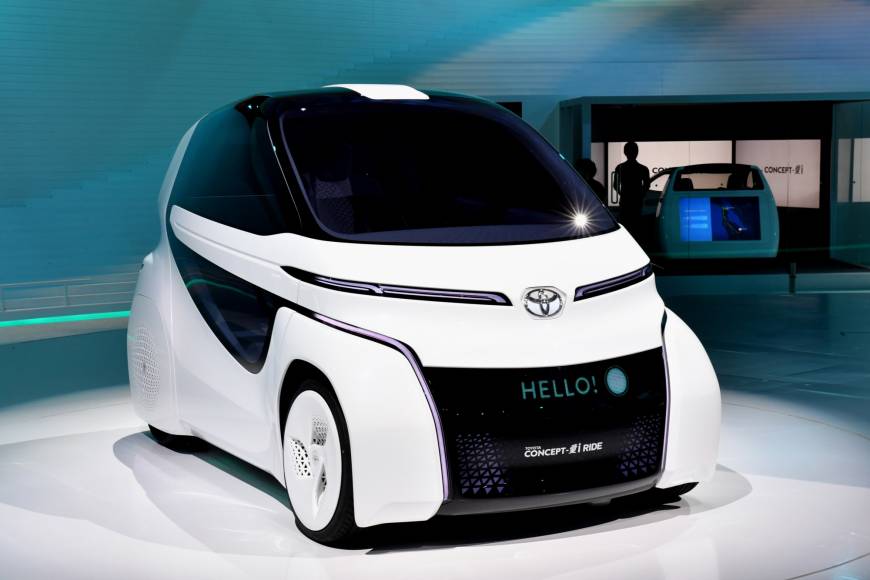It appears that Toyota, once thought of as an “anti-EV” company, is fairly close to cracking the problem of mass producing solid-state battery packs for electric vehicles. There are still several hurdles to overcome, according to Toyota Chairman Takeshi Uchiyamada.
Uchiyamada, 71, is popularly known as the “Father of the Prius”, and insists that Toyota is spending heavily on alternate power technologies such as solid-state batteries.
The challenges are many. For example, one of the hurdles is lifespan of the battery. Toyota still hasn’t figured out how to get the battery to last for the 200,000 km or more that owners would typically see with a traditional internal combustion engine (ICE). Uchiyamada dismissed a three-year battery life, saying that consumers wouldn’t spend on a car that needed its core component changed after only three years, but he did not specify what the ideal lifespan should be.
Solid-state batteries have several advantages over gel or liquid-filled li-ion batteries of today. For one, they’re a lot safer because traditional li-ion batteries have been known to leak and even ignite when short-circuited or when they overheat. Also, solid-state battery cells don’t have to be layered and linked by connectors, giving automobile designers more flexibility and more space to work with. More importantly, they have a higher energy density, and they use less lithium, cobalt and other metals, which means they can be cheaper to mass produce and they can potentially reduce the size of an EV’s power system.
Probably the most significant difference is that Toyota thinks its possible to double the battery capacity that current EV batteries have, implying that they can travel much farther than currently possible, even in a Tesla.
One of the biggest reasons for major automakers like Toyota to invest in solid-state and other battery tech is the fact that margins on EVs are sliver-thin because they have to compete with cheaper ICE cars. Cheaper batteries will allow for better margins, and the cost of producing batteries needs to halve for that to happen. It has to drop to $100 or below from the under-$200 it’s currently at. That’s when companies can expect to see heftier profits.
According to Uchiyamada, Toyota is “scrambling to finish developing this technology, but a few issues still remain as we try to mass produce this.” Toyota’s target to make this happen is around the first half of the 2020s.
If they’re able to achieve mass production of solid-state batteries for EVs, it will be a game changer for the EV market. More models will become available, EVs will be comparable in price to traditional ICE vehicles, and the automotive world will gradually start tilting towards electrification over fossil fuels.
Thanks for visiting. Please support 1redDrop on social media: Facebook | Twitter



